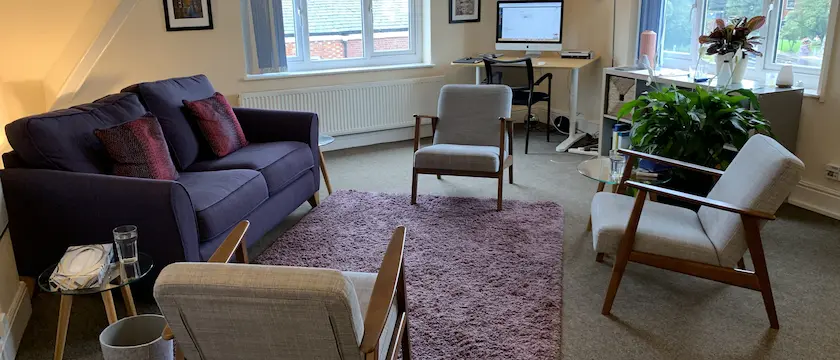How Can Psychotherapy And Counselling Help You?

Many of us are inclined to quash our feelings down, to repress emotion rather than express it. Studies show that this can have a negative impact on your body — those who repress are more likely to have high blood pressure (which is connected or many other conditions including stress) and be more agitated and tense. To help begin to express your emotions, and talk through your problems, many turn to psychotherapy.
What is psychotherapy?
Psychotherapy allows us to talk through our repressed emotions and problems with a qualified therapist. This therapist could meet you alone, with your partner or spouse, or in a small group, depending on your preference and how you think you will benefit most. Your therapist will help you to talk through your problems, listen, and with time, help you to overcome them by using established and tested scientific methods.
When should you begin to consider psychotherapy?
You should consider psychotherapy if;
• you are having a tough time trying to deal with emotional trauma
• you have excessive levels of stress and/or worry a lot
• you have problems that reoccur and don’t seem to go away
• your existing mental health condition is causing you problems
• your actions begin to harm others around you
• you feel a sadness over a long period of time
Remember, your friends and family are the people who know you best, so they are good indicators of whether you would benefit from help.
Unlike the drugs which may be prescribed as an alternative to psychotherapy, there are no negative side-effects of talking to a professional about your problems. On top of this, there is a much smaller chance of relapse
How can psychotherapy help you?
Psychotherapy can help you to treat issues relating to life crises — this could range from a death in the family, an illness to yourself or someone close to you, to unemployment or substance abuse. Psychotherapy is beneficial in these instances as the help and advice you receive is specific to yourself: everyone’s problems are unique, and a psychotherapist will see the unique guidance you need to overcome these problems.
Psychotherapy could also help you to develop new methods of dealing with issues which play huge parts in many people’s lives, such as stress and anxiety. Your sessions will help to equip you with the tools you need to overcome problems you may encounter in the future.
Psychotherapy can also help if you have a mental health condition, such as depression. Your therapist will help you to pinpoint the cause of your depression, and help you to develop techniques to combat your depression.
If you have pre-existing conditions like obsessive compulsive disorder, a CBT therapist can help you to live easier with your condition.
Psychotherapy can help you to overcome issues around sexuality — if you are unsure about your sexuality, or are having difficulty coming to terms with your sexuality, a therapist can talk through your qualms and help you to move past your difficulty.
Why psychotherapy over other methods of dealing with problems?
Unlike the drugs which may be prescribed as an alternative to psychotherapy, there are no negative side-effects of talking to a professional about your problems. On top of this, there is a much smaller chance of relapse, and a much more permanent solution to be found in psychotherapy — prescription drugs are more of a stopgap solution which often have negative side-effects. For example, antidepressants have been shown only to be around 50-65% effective, and have side-effects including nausea and insomnia.
Still not sure?
If there is still something putting you off talking to a therapist and need further convincing, you could talk to someone you know who has attended therapy sessions. Ask them about their experiences, and more often than not they will show you that many of your ideas about psychotherapy are misconceptions. Ask them to explain to you how they benefited from their experience.
If you think you could benefit from psychotherapy, please get in touch with us at The Affinity Centre today.
